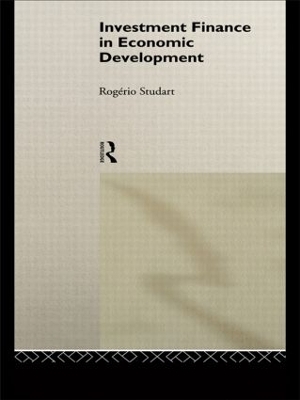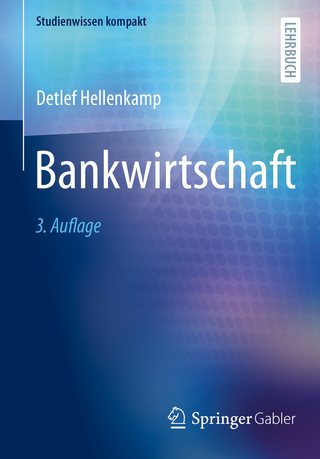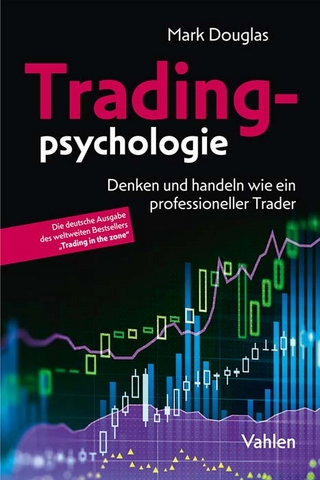
Investment Finance in Economic Development
Seiten
1995
Routledge (Verlag)
978-0-415-10866-9 (ISBN)
Routledge (Verlag)
978-0-415-10866-9 (ISBN)
Challenging the view that `financial liberalization' is the only way to stimulate economic development, Studart argues that banks have a wider, more active role in the process of investment finance and growth.
As a result of the liberalization of the 1980s, the financial system has acquired a prominent role in developing economies. It is now conventional wisdom that `financial liberalization' is the means to stimulate economic development.
Investment Finance in Economic Development challenges this assumption and offers an alternative view. The book presents a post-Keynesian approach to the role of banks, financial markets and savings in economic development. It departs from the conventional belief that financial institutions are mere intermediaries between savers and investors, to show that banks have a key, active role in the process of investment finance and growth. Further, financial markets, as the loci of allocation of financial savings, are shown to have an important role in supporting financial stability during the process of growth.
As a result of the liberalization of the 1980s, the financial system has acquired a prominent role in developing economies. It is now conventional wisdom that `financial liberalization' is the means to stimulate economic development.
Investment Finance in Economic Development challenges this assumption and offers an alternative view. The book presents a post-Keynesian approach to the role of banks, financial markets and savings in economic development. It departs from the conventional belief that financial institutions are mere intermediaries between savers and investors, to show that banks have a key, active role in the process of investment finance and growth. Further, financial markets, as the loci of allocation of financial savings, are shown to have an important role in supporting financial stability during the process of growth.
Rogkrio Studart is Associate Professor of Economics and Tutor of Undergraduate Studies at the Federal University of Rio de Janeiro.
Preface 1 Introduction 2 Finance and economic development: The dominance of the prior-saving argument 3 Departing from the prior-saving argument: Finance in a monetary production economy 4 Saving and financial markets in economic growth 5 Financial structures, financial development and economic development 6 From theory to evidence 7 Financial system and industrialisation in Brazil, 1947-66 8 The financial reforms and the ‘economic miracle’ 9 Towards the lost decade: The financial system in the imbalanced growth (1973-83) 10 Conclusion
| Erscheint lt. Verlag | 6.4.1995 |
|---|---|
| Verlagsort | London |
| Sprache | englisch |
| Maße | 138 x 216 mm |
| Gewicht | 430 g |
| Themenwelt | Wirtschaft ► Betriebswirtschaft / Management ► Finanzierung |
| Betriebswirtschaft / Management ► Spezielle Betriebswirtschaftslehre ► Bankbetriebslehre | |
| Wirtschaft ► Volkswirtschaftslehre ► Finanzwissenschaft | |
| Wirtschaft ► Volkswirtschaftslehre ► Mikroökonomie | |
| ISBN-10 | 0-415-10866-7 / 0415108667 |
| ISBN-13 | 978-0-415-10866-9 / 9780415108669 |
| Zustand | Neuware |
| Haben Sie eine Frage zum Produkt? |
Mehr entdecken
aus dem Bereich
aus dem Bereich
warum unser Geld stirbt und wie Sie davon profitieren
Buch | Hardcover (2024)
FinanzBuch (Verlag)
30,00 €
denken und handeln wie ein professioneller Trader
Buch | Softcover (2023)
Vahlen, Franz (Verlag)
36,90 €


